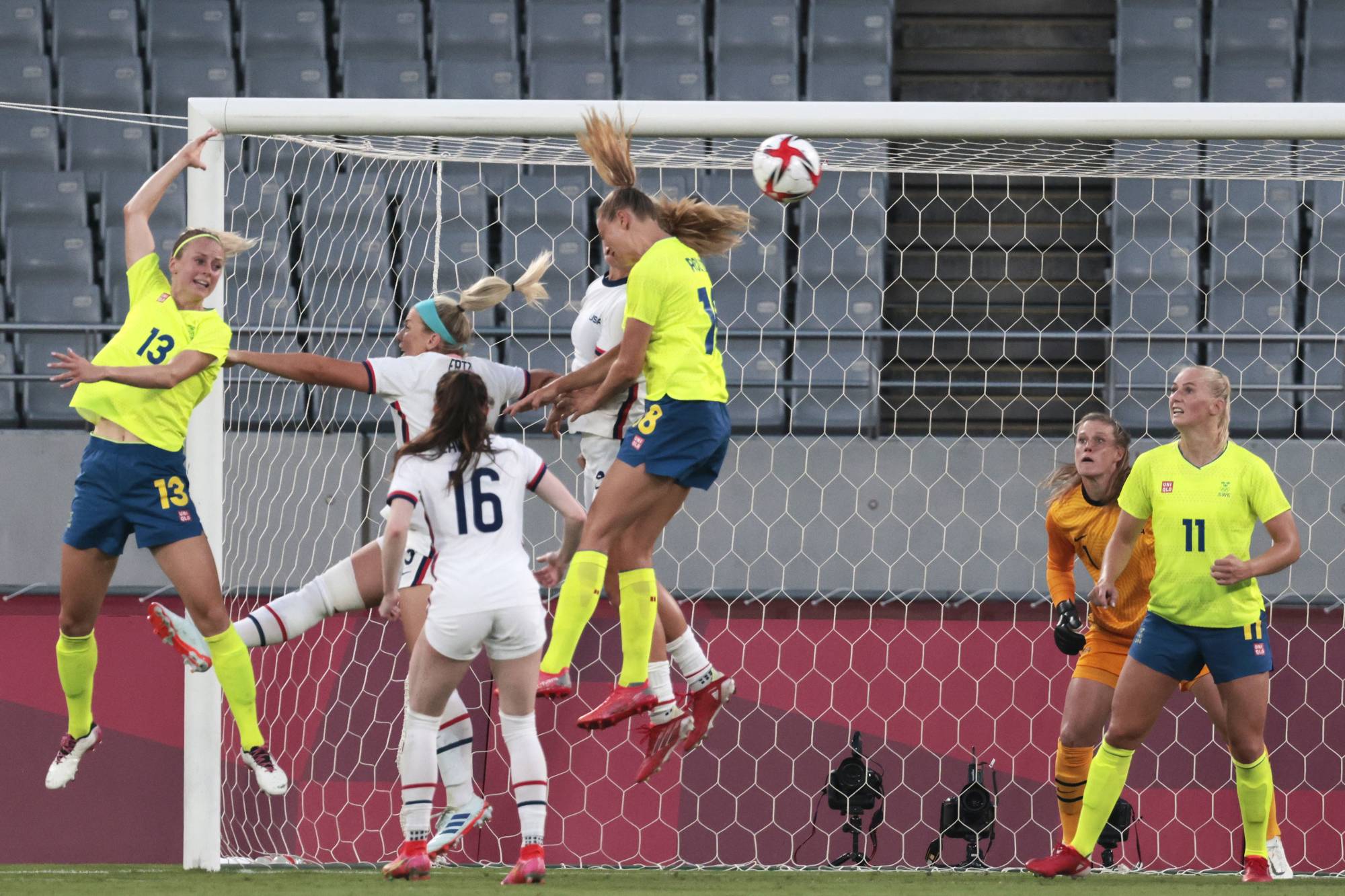For the first time since the founding of the modern Olympics, 125 years ago, the Games have nearly reached gender parity.
Of the nearly 11,000 athletes arriving in Tokyo, almost 49% will be women, according to the International Olympic Committee — up from 45.6% at the 2016 Rio de Janeiro Games and 44.2% at the 2012 London Olympics. (The IOC does not have data on the number of nonbinary athletes at these Games.)
Many countries credit the progress to broad policy changes, increased funding and promotion of female athletes in mainstream media. But for other nations, equality is far off: Men still enjoy far more funding, news coverage and opportunities than their female counterparts.



















With your current subscription plan you can comment on stories. However, before writing your first comment, please create a display name in the Profile section of your subscriber account page.